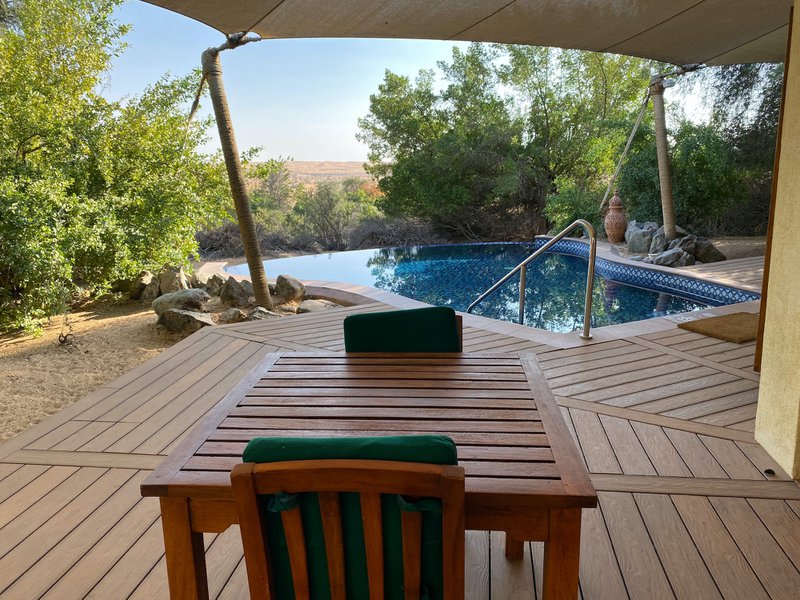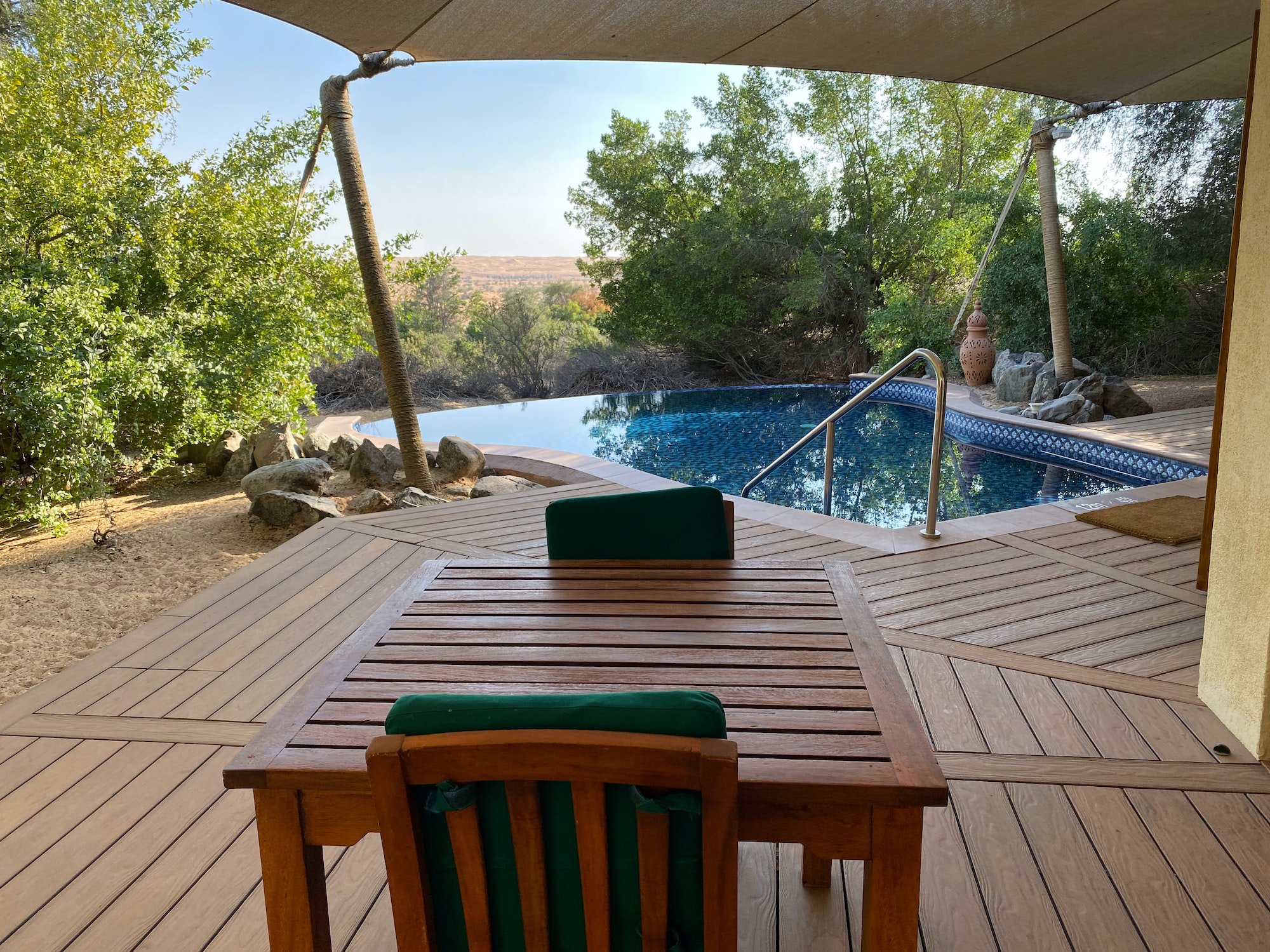Dubai is a city that is constantly growing and changing. As such, it can be a great place to rent a property. Whether you’re looking for an apartment in Dubai Marina or a villa in Jumeirah, there are plenty of options available. To help you out, here is a guide on how to rent a property in Dubai. So whether you are moving to Dubai or just want to know more about the rental market here, read on!
A BEGINNER'S GUIDE TO RENTING IN
Dubai is a lovely city to live in and is the ideal location to rent a home. It has much to offer everyone with its contemporary skyline, companies, and restaurants. Let's examine the process for renting a property in this area.

SEARCH AND SHORTLIST PROPERTY LISTINGS
Many people in Dubai start their search for a rental property online. If you're looking for rentals in Dubai that fit your needs and price range, check out REDUBAI. On the website, you may find several kinds of residential and commercial properties in Dubai, such as:
- Apartments
- Townhouses
- Residential Plots
- Villas
- Penthouses
- Hotel apartments
Once a property has been located, you can read the description to learn more about its many features. This includes the following information, but is not limited to:
- Annual rent of the property
- Location of the apartment or villa for rent in Dubai
- Number of rooms and baths
- Furnished or unfurnished
- Comprehensive list of amenities
- Nearby schools, parks, hospitals, and restaurants
Before beginning the search, it's a good idea to have a broad concept of the kind of property you're after, what you can afford, how many rooms you'll need, and the ideal location. To ensure that you only view relevant listings, you may filter the search results for villas and apartments for rent in Dubai based on criteria such as your budget, the type of property, where it is located, and how many bedrooms and bathrooms it has.
On the website, you can look through the active listings and shortlist properties that meet your exact requirements. Choose the properties based on the photos, annual rent, amenities, and location that appeal to you the most. Set up a visit to see your prospective new home by getting in touch with the contact person (often an agency or the landlord). Searches can also be saved so that you can return to them later. This is a particularly useful tool because you might wish to look at a few properties before contacting the agent.
Confirming the agency commission for renting a home is also crucial. The normal range of agent commissions is 2% to 5% of the annual rent. However, it is usually advisable to get more information before committing.
VISIT THE PROPERTY
Once you've set up a time to speak with the agent in person, be prepared to ask questions when you arrive. Attempt to get there a little early and take your time exploring the neighborhood. The property should be properly inspected, and a second visit should be scheduled for a different time to get a better idea of what it could be like to live there.
TIP: Before making your final choice, try to tour a few villas or apartments. Tenancy agreements in Dubai are typically for one year, so take your time assessing your alternatives and submitting an offer after researching the apartment, the building, and the neighborhood.
MAKE AN OFFER
The first step to renting in Dubai is finalizing the offer. Landlords will usually agree to lower the annual rent if you pay in fewer cheques. If you're unsure about the unit or the neighborhood, you can choose short-term rentals instead.
TIP: Make sure your real estate agent is RERA-registered if you're ready to move forward with renting the apartment or villa in Dubai. To be sure, request your agent's broker number.
RESERVE THE PROPERTY
You must give your landlord a refundable security deposit (either one month's rent or 5% of the rent) to hold the property. If you are dealing with a real estate agent, they will frequently keep this money until the transaction is completed. Make sure to get a receipt once you've handed the deposit check (or cash) in. If you decide to cancel the agreement for any reason, the agent will reimburse your landlord for the security deposit. For this procedure, the following paperwork is required:
- Passport copy
- Residence visa copy (or an official document from your employer or sponsor stating that your visa is being processed)
To make sure you can fully recuperate your security deposit after your lease, take multiple pictures of the vacant property. As previously advised, make sure you have a receipt after paying the security deposit. Keep a copy of this and the landlord's passport in a safe place.
TIP: Write the landlord's name and address on rent checks. Before turning over your landlord's passport and title deed, request a copy.
REVIEW AND SIGN THE TENANCY AGREEMENT
Your agent gives you a copy of the rental agreement when you pay the security deposit. Dubai's tenancy laws must be followed throughout the contract. As long as there is consensus, both parties are free to introduce special clauses. Make sure to save a copy of the agreement as well as the acknowledgment receipt.
THINGS TO CONSIDER
Before deciding for sure whether to rent in Dubai, there are a few things to think about.
- Before you move in, be sure the landlord has paid all service fees. This should be verified and put in writing by your agency.
- Make sure any maintenance problems are resolved before you move in.
- Verify the building's access points, and make sure you have the required swipe cards and keys.
- The property ought to be turned over by the landlord, ideally in habitable condition. Ask to have your apartment or villa cleaned before you move in if that isn't the case.
- Verify that the amenities in your apartment complex are in good working order and that you can utilize everything that was specified in the lease agreement or by the broker/landlord.
- Another thing to keep in mind is that, if the landlord causes you any inconveniences, you can always register a rent dispute in Dubai.
REGISTER TENANCY CONTRACT WITH EJARI
After the contract is signed, it must be registered with Ejari by either you or your agent. For the rental agreement to be recognized as a valid legal document in the emirate, this is the third and most crucial stage in your guide to renting in Dubai. The process of signing up for Ejari is quite simple.
Your documents must be typed in person at a typing center or online through the official website. Verify that your Ejari contains precise information on the deposits, the term of the contract, and rent rates.
Registration paperwork includes the following:
- Original tenancy contract
- a title deed (from the landlord)
- copies of the passports of both the tenant and the landlord.
- Copy of the tenant’s Emirates ID
DEWA
Getting the water and electricity connection is the next step after signing your lease in Dubai. For this, tenants in Dubai must apply for a connection with the Dubai Water & Electricity Authority. For a new connection, you would require the following:
- DEWA premise number (usually on the side of the property building)
- Ejari number
- Landlord’s passport copy
- Your passport copy and Emirates ID
- Completed DEWA form (collected at DEWA)
- Security deposit payment
The DEWA application is much quicker and involves filling out a form stating the Ejari number, Emirates ID number, and passport number. Pay the deposit amount through DEWA's online payment gateway, and the service will be activated within 24 hours. Activation charges are AED 100 for small meters and AED 300 for large meters.

MOVE-IN FORM
Before moving into their ideal apartment or villa, some well-liked developments in Dubai require residents to obtain move-in permission. These typically take up to 5 days to process and can be found on the developer's website. To minimize delays, confirm with your landlord or real estate agent whether this is necessary and submit your permit application as soon as possible.
For this process, you would need the following papers:
- Copy of passport or Emirates ID
- Certificate of Completion of Payment
- Copy of the Tenancy Contract
- Copy of the unit’s most recent service charge receipt (by the landlord)
You're ready to settle into your new home and begin a new chapter of your life in Dubai once your move-in permission arrives!
Although it could appear like a difficult task, renting in Dubai is quite easy if you follow the above-mentioned methods. If you know what you're looking for, work with a skilled real estate agent who is familiar with the market and can help you at every stage. REDUBAI offers a wide variety of apartments and villas for rent in Dubai, so you can be sure that there will be a wide selection of lovely residences available to you once you arrive. Good luck in Dubai!




